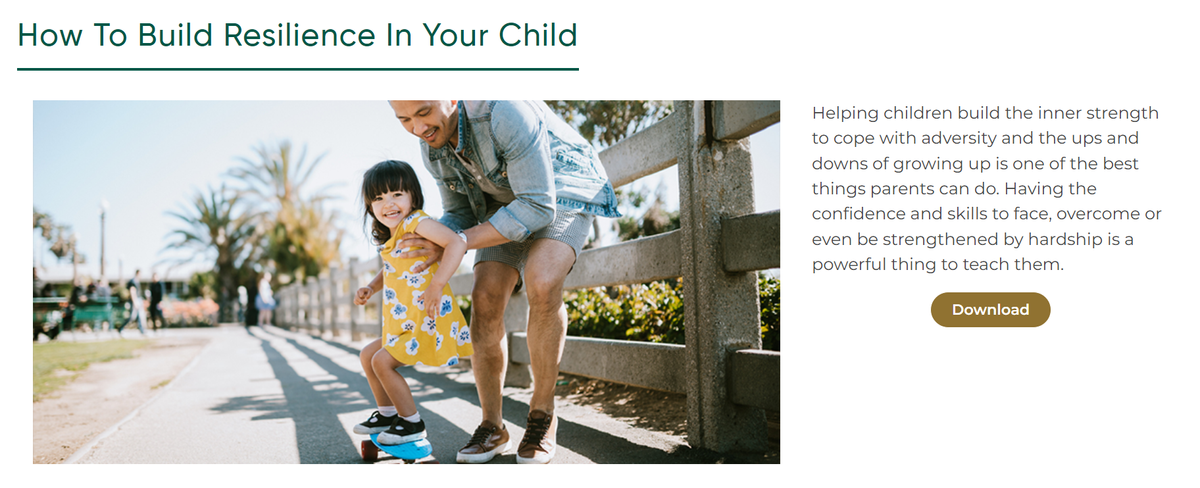From the Deputy Principal
Caroline Wilson-Haffenden

From the Deputy Principal
Caroline Wilson-Haffenden
With the Paris Olympics only six weeks away, the selection of athletes for the Australian Olympic team has dominated the news. Last week, the Australian Swimming Trials took centre stage, with stories of personal glory mixed with those of personal tragedy and disappointment. Cate Campbell, one of Australia’s greatest swimmers, could not complete her fairytale finale, falling short in the 50m freestyle final. In the face of immense disappointment, she displayed tremendous resilience, acknowledging that despite her hard work and determination she was unable to pass the final test: “My body just said no.”
The point here is that young people need to build the inner strength to cope with adversity and the ups and downs of growing up, that is, they need to develop resilience. Having the confidence and skills to overcome or even be strengthened by hardship is a powerful thing that we can teach students. The stress that students encounter at school for the most part is normal and important for positive mental health. Growth comes when young people are challenged and pushed beyond their comfort zones. Therefore, whenever a young person expresses a dislike for a particular subject, a class group or learning opportunity such as an excursion or examination, our response should be quite simple:
"Yes, I get it... There will always be aspects of school that you do not like. But figuring out how to succeed in such circumstances, at times of discomfort and stress, is a necessary component of learning.”
The only way to succeed when faced with a new situation or task, an assignment, examination, in physical activities such as sport, or in life in general, is through perseverance and persistence, and by embracing and learning from one’s mistakes or even failures.
On the topic of exams, the Year 10 students are to be congratulated on the way they approached the challenges and stress associated with exams. This week the Year 11 and 12 students face this challenge head on. The senior students have embraced their responsibilities with a growth mindset and resilience. Walking through the examination rooms, a positive attitude, an air of quiet confidence (that only comes with good preparation) and a tangible desire to succeed were evident.
In the coming week the students will receive their exam feedback. Students across the Junior and Senior School are accustomed to receiving feedback on a regular basis. At the end of the term, more feedback will be provided with the release of the mid-year reports. Critically important is the way students engage with teacher feedback. According to educational expert, Dylan Wiliam (2016) it is what students do with the feedback that drives learning forward.
“To give effective feedback, the teacher needs to know the student – to understand what feedback the student needs right now. And to receive feedback in a meaningful way, the student needs to trust the teacher – to believe that the teacher knows what he or she is talking about and has the student’s best interest at heart. Without this trust, the student is unlikely to invest the time and effort needed to absorb and use the feedback.” (Dylan William)
In summary, empowering young people to be resilient equips them with the skills to cope with the challenges of loss and change; to be receptive to feedback and in turn, to achieve goals. Although this may mean taking some risks, it also creates opportunities for growth and greater self-confidence.
The SchoolTV platform provides an extensive range of wellbeing resources for parents and carers on the topic of resilience, which can be accessed here: SchoolTV Building Resilience, and at the link below.
How to build resilience in your child

